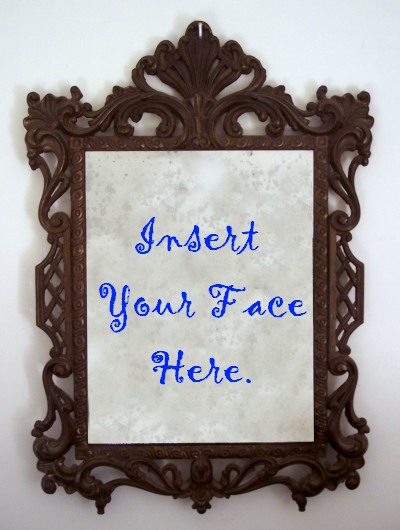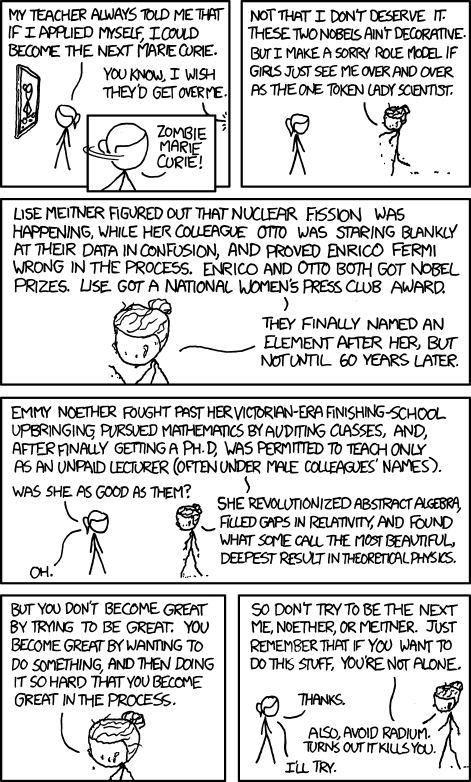One of the biggest lessons I’ve learned from going dark, is that there’s a lot I can learn by talking to other people about their experiences with social media. This time, that insight comes from Ann Voss Peterson who recently conducted our local writer’s workshop about characterization. Ann and I were talking afterward about social media, in part because she has co-written a thriller novel with J.A. Konrath entitled Flee and I was wondering what she was doing to promote it. We were talking about my 100 days experiment and I mentioned I’ve noticed a positive impact on my writing. She said something to the effect of: Well, of course. Because you wind up facing yourself.
Ever have one of those moments where everything starts swirling and you wind up in a scene from Mortal Kombat?
Yeah, okay. I did.
 What does that mean? Face yourself. Shutting out social media means turning the mute button on two types of voices. First, you turn off other people’s voices that sing/yell/whisper across your screen. By doing so, though, you are automatically shutting off a second voice. YOURS. The one you use to interact with people on these tools. Which is not the same as your author’s voice, but a separate one. (And before you ask, I view blogging to be yet another voice.)
What does that mean? Face yourself. Shutting out social media means turning the mute button on two types of voices. First, you turn off other people’s voices that sing/yell/whisper across your screen. By doing so, though, you are automatically shutting off a second voice. YOURS. The one you use to interact with people on these tools. Which is not the same as your author’s voice, but a separate one. (And before you ask, I view blogging to be yet another voice.)
Just how profound is this? Well, I feel understanding what this means is crucial to self-promotion, time-management and good storytelling. After all, if you don’t have any words on the page, then you have nothing to revise. If you have nothing to rewrite, you have no manuscripts to polish. If you don’t have any finished manuscripts, then you don’t have any stories to submit or hand in for your deadline.
Sure, every writer is different. Some can write fast; others not so much. Still others have no problem pounding out the words, connecting with people, and making it all work. For me, though, I need to have a foundation. I have to figure out what time I need to process my work, to wrap my head around my story, article, etc. I need to listen to “the Monica voice.” To do that, to listen to that crazy girl, I had to tone down the number of voices and have a care to what she’s saying. The more voices I jam into my head, the less I can hear my gut instincts. My inner girl o’ awesome.
Is there some truth to this? That in order to be a better writer you need to face yourself?
For me? Yes, yes it is. Many other things have changed for me during this lights out period, because I wanted that silence to work on other goals. I feel like this simple phrase (“Face Yourself”) sums up not only why I needed to do this, but also solidifies what is happening all around me as well. More on that later!
About 100 Days: From April 4th to July 13th I’m turning the lights off on Facebook, Twitter and IMs for personal use. Read 100 Days: Turning off the Lights on Social Media for more information. You can also read the 100 Days post archive.


 What does that mean? Face yourself. Shutting out social media means turning the mute button on two types of voices. First, you turn off other people’s voices that sing/yell/whisper across your screen. By doing so, though, you are automatically shutting off a second voice. YOURS. The one you use to interact with people on these tools. Which is not the same as your author’s voice, but a separate one. (And before you ask, I view blogging to be yet another voice.)
What does that mean? Face yourself. Shutting out social media means turning the mute button on two types of voices. First, you turn off other people’s voices that sing/yell/whisper across your screen. By doing so, though, you are automatically shutting off a second voice. YOURS. The one you use to interact with people on these tools. Which is not the same as your author’s voice, but a separate one. (And before you ask, I view blogging to be yet another voice.)